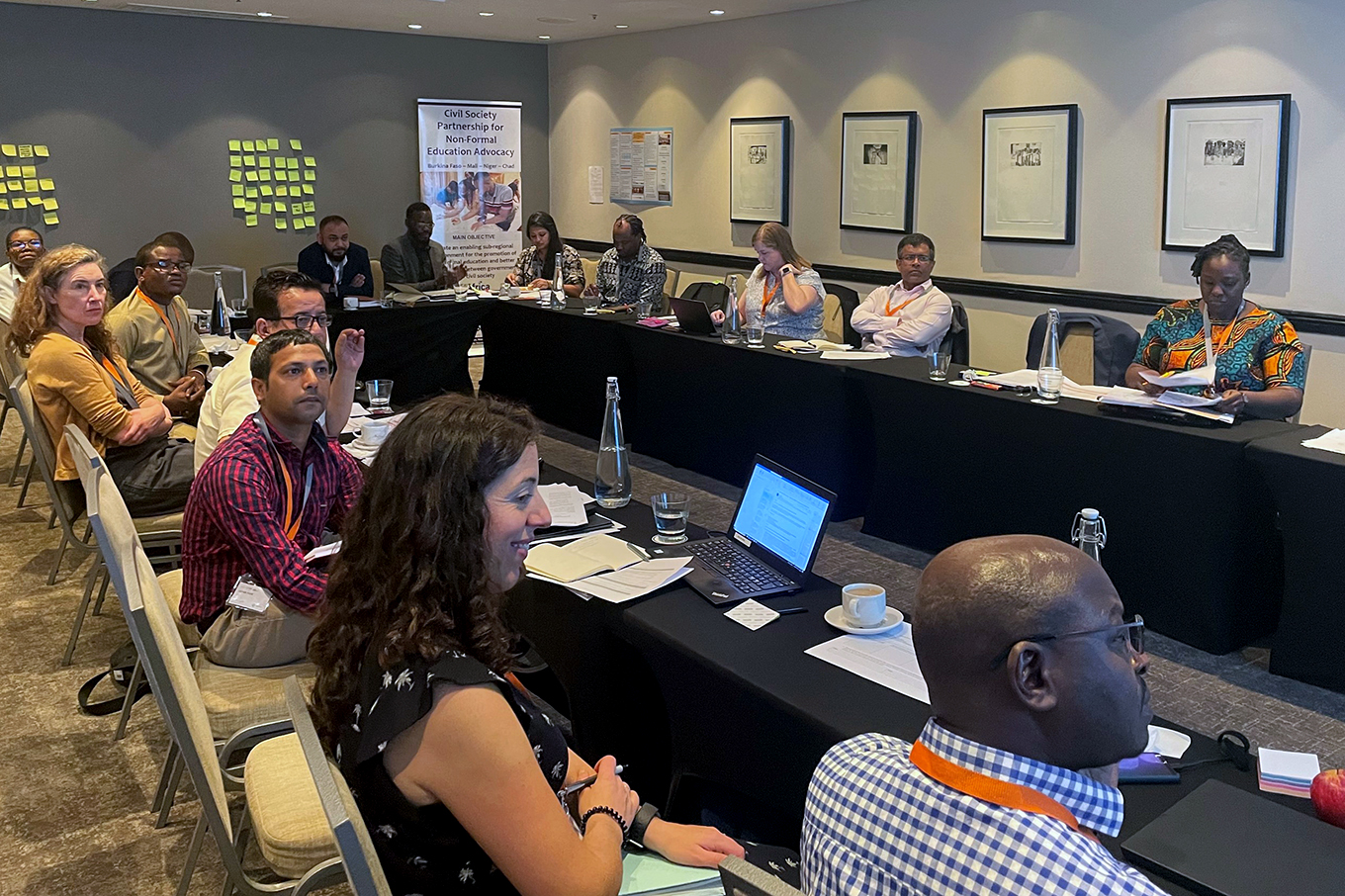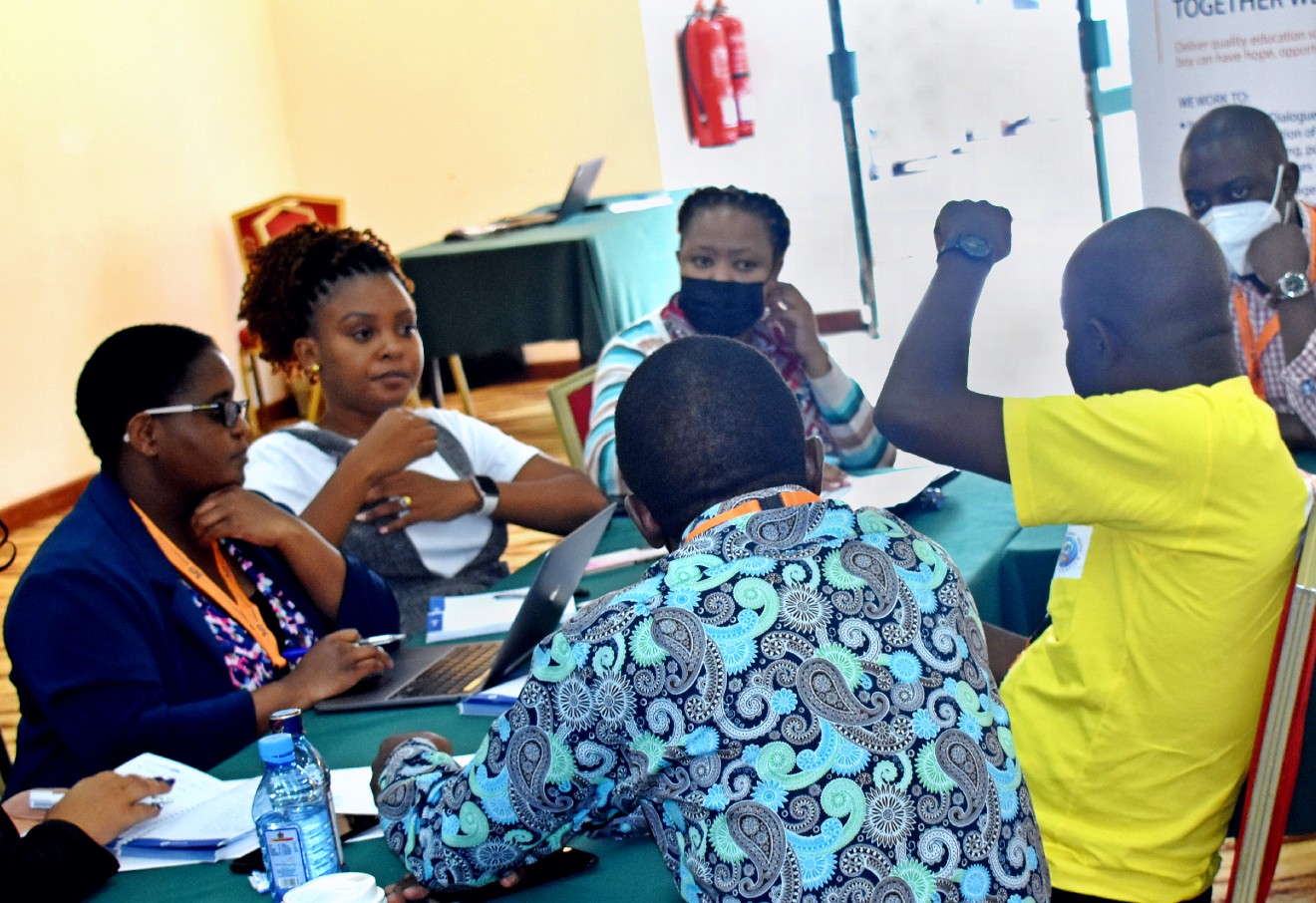If you want to succeed in transnational education advocacy, you must start at the national level!
Right from the beginning of the learning workshop the atmosphere was marked by a proactive and open attitude among participants which was illustrated in the informal two on two rounds of introduction. One participant highlighted that just from this exercise she had been introduced to more new perspectives on her work than she had over the last couple of years of implementing the project of their alliance.
Thus, it was clear from the very beginning of the workshop that participants valued meeting face-to-face and saw it as an important opportunity to increase knowledge for successful project implementation.
Valuable variance
Some grantees have been implementing their projects for a couple of years and are about to finalize, while others have just implemented for a few months. Instead of being a disadvantage, the variance between grantees implementation stages soon proved to be a valuable source for learning.
The TRANAC Alliance is one of the alliances that have been implementing for long and was able to share best practices.
“In the beginning a key challenge for us was how to understand transnational advocacy and what it meant to connect it to advocacy at the national level. By agreeing on a common understanding and analysing the critical areas for influence, we were able to overcome this challenge and move from the national level to the transnational level,” said Naison Bhunhu from the TRANAC Alliance and gave useful details on how they had undertaken this process.
Another important learning that was shared among participants came from Jimmy Wilford from the GEAR Alliance. Jimmy Wilford emphasized that:
“When we are working to achieve a certain objective at transnational level, we do not work in isolation. For our alliance it has proven crucial to involve CSOs from other areas to realize our objectives.”
Important to build solid national data first
Adding to these observations many participants emphasized the need to build solid data at national level in the implementing countries before bringing it to transnational advocacy efforts.
E.g., the Pamodzi alliance has actively worked together with the government to analyse the huge amount of data already available and based on this, the alliance has identified gaps where transnational advocacy actions are needed. Such concrete experiences on how to connect national level advocacy efforts with transnational advocacy clearly caught participants’ interest.
Presentations and conversations paid specific focus on how other alliances are organized internally for efficient coordination, covered discussions around what is meant by “transnational advocacy”, and included conversations about understanding regional structures and how to identify windows of opportunity in relation to one’s project.

